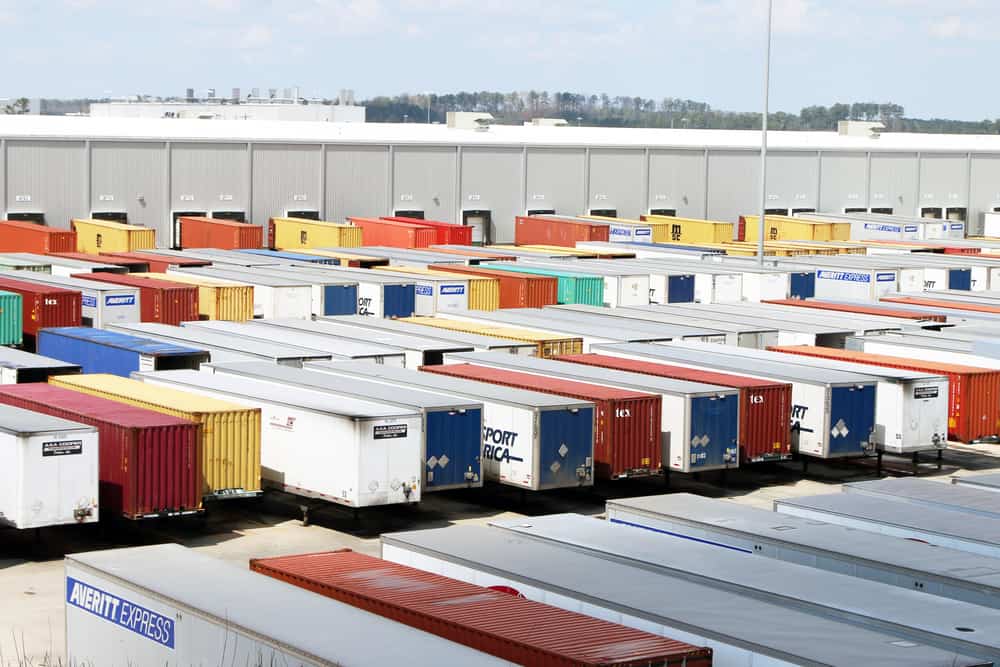Recently, a yard automation start-up company sealed a $53 million funding deal.
This deal serves as a sign to the logistics world of upcoming trends and changes. The swapping of containers and trailers in logistics facilities has led to more efficiency, a major priority for shippers and third-party logistics companies. This is just the beginning of the automation set-up. Colorado-based Outrider arose from a period of two years of stealth operations on Wednesday when they announced the funding from a group of venture capital investors. Among that group were logistics-focused firms such as 8VC, Prologis Ventures, and Schematic Ventures. The amount of the investment, one of the biggest single initial investments into a logistics startup, is representative of two major points. Firstly, there is a great opportunity to make yard tasks more efficient. Secondly, facing pressure, shippers and their service providers will look to speed up the pace of the movement of goods in order to faithfully respond to the end-consumer demand.
The production model for Outrider has three components that span across the software to hardware spectrum. Some of these components include yard management software, self-functioning zero-emission yard trucks with vision-based robotics, and on-site fixed infrastructure. The system is designed to work alongside existing supply chain software systems that are implemented by shippers as well as third-party warehouse and distribution suppliers.
Outrider CEO Andrew Smith said in a statement that, “Logistics yards offer a confined, private-property environment and a set of discrete, repetitive tasks that make the ideal use case for autonomous technology.” Smith also acknowledges some of the current realities and challenges at today’s logistics yards, saying “But today’s yards are also complex, often chaotic settings, with lots of work that’s performed manually. This is why an overarching systems approach – with an autonomous truck at its center – is key to automating every major operation in the yard.”
The current pilot for the system is being made by Georgia-Pacific, along with four other shippers who remain unnamed. Annant Patel, vice president of automation transformation at Georgia-Pacific, said in a statement, “We’re constantly looking for ways to transform our company and the way we get work done, especially making work safer and more efficient and productive.”
One of the key necessities for such a project to be connected as a closed network is the electrification of yard vehicles. Utilizing electric yard trucks leads to easier operation and maintenance than their diesel counterparts. Furthermore, the electrical component is what will enable the machinery to be controlled robotically.
Through this set of technologies, the hope is to resolve several challenges that are currently being faced by many logistic yards: safety, maximizing storage, and quickening the movement of shipments through better connectivity.
As Outrider CEO Smith traveled through the country to see various logistics sites, he saw trailers being moved repeatedly. Overall, there was an inability to control freight and traffic flow. This resulted in situations where predominantly diesel-powered vehicles were idling or navigating aimlessly through intersecting routes.
Schematic Ventures, a company investing in Outrider, is attempting to help solve roadblocks at a key inventory management knot. As the general partner of Schematic Ventures explains, “Container yards can be messy at best and chaotic at worst.” There are hundreds of trucks and several dozen loading docks that are managed by pen and paper. More and more accidents are commonplace as trucks find it difficult to navigate in such thin quarters. Drivers end up delayed, costs pile up, serious inventory is lost, and the safety of employee is at risk.
A lack of computerized controls and updated communications are reasons why it has been so difficult to utilize container storage adequately.
Inefficient operations have ripple effects that keep supply chains and container yards from reaching their fullest potential. There is a great opportunity for technology and automation to improve these standards while also helping to reduce overall costs. Something tells me this investment is going to pay off for Outrider and its investors.




